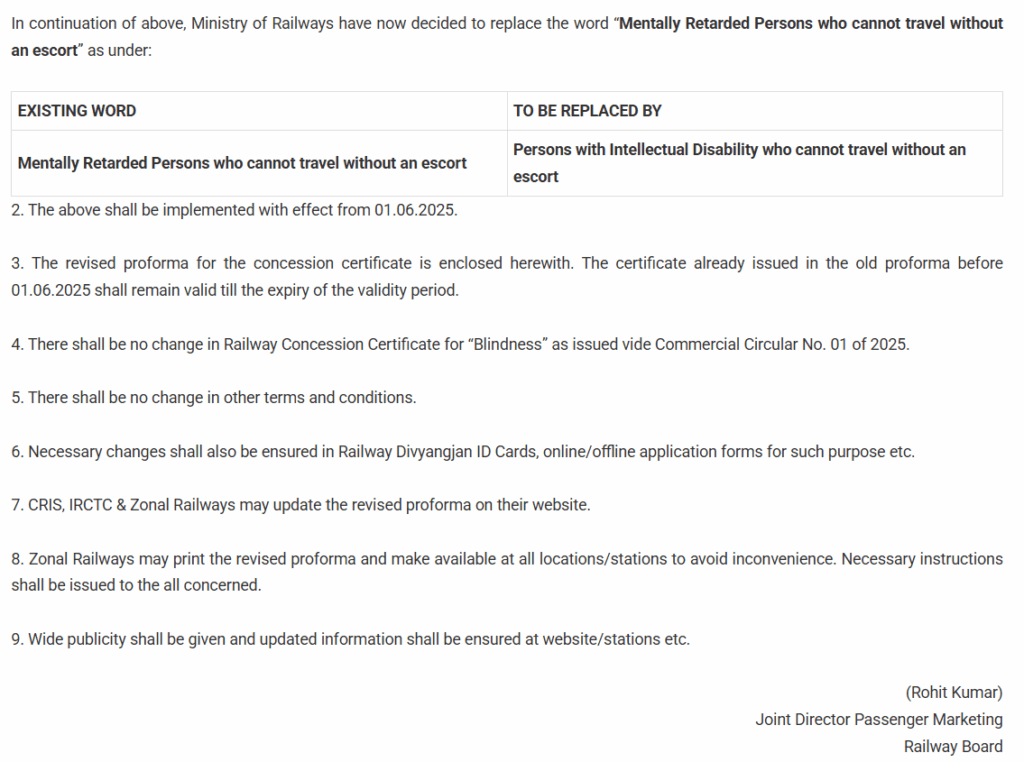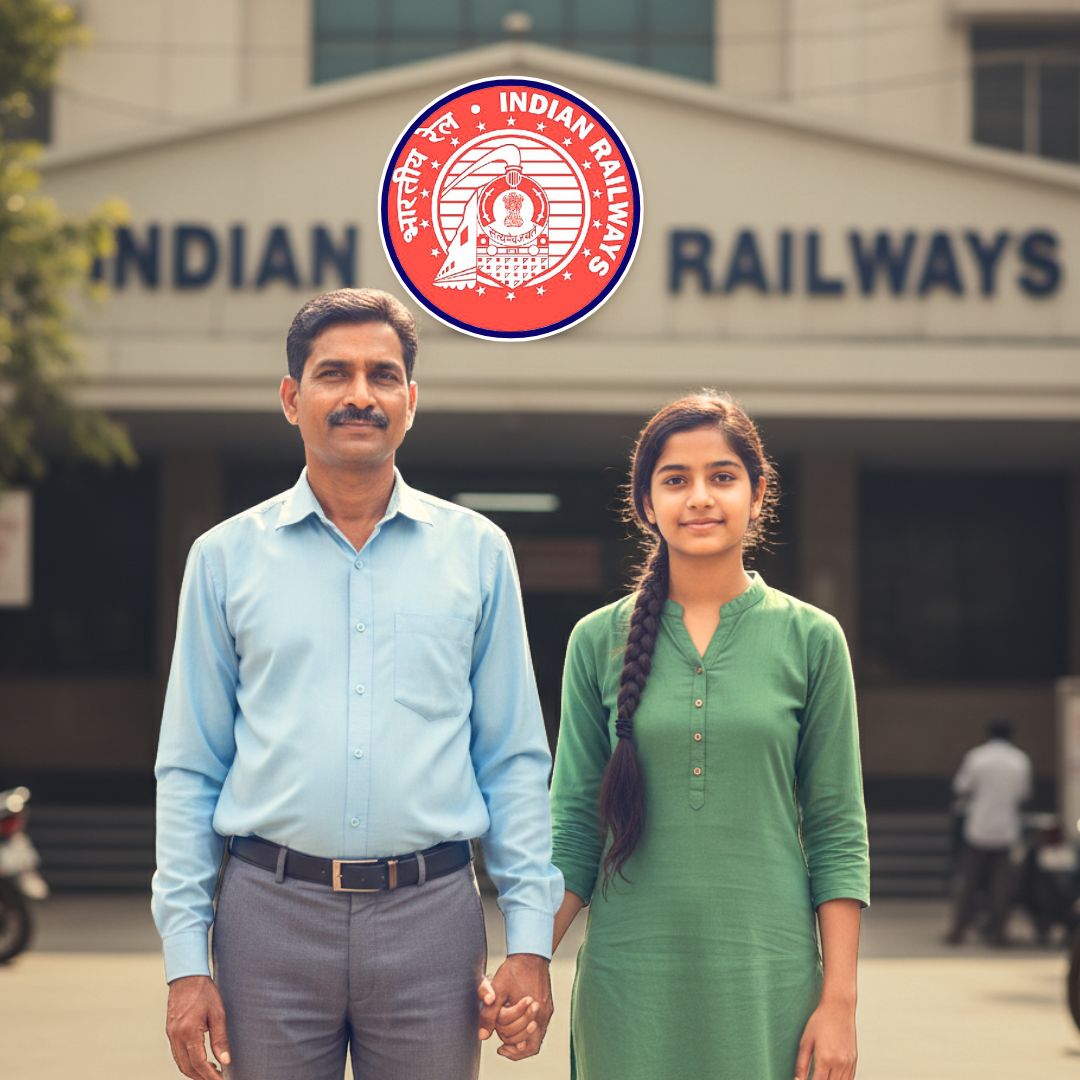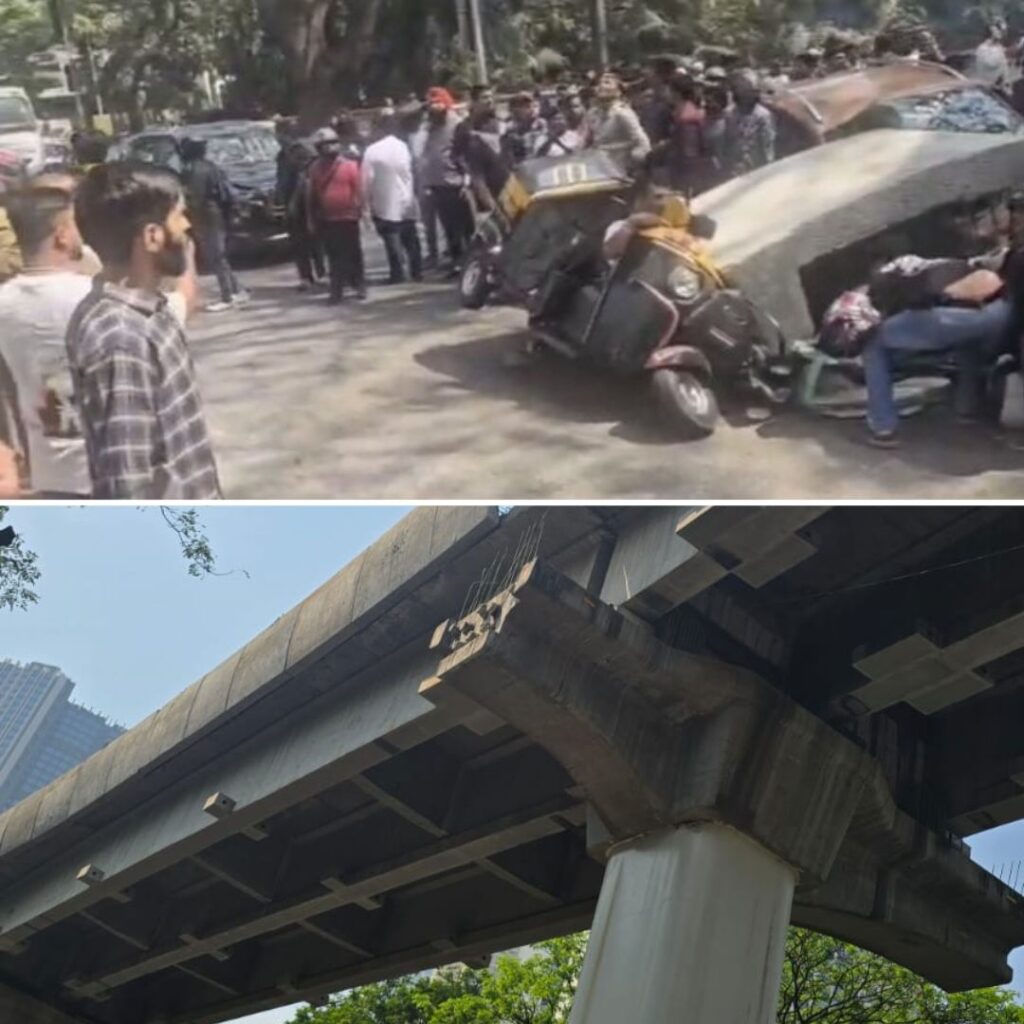For years, Pankaj Maru, a devoted father and disability rights activist, battled a troubling injustice against his daughter Sonu. Diagnosed with 65 percent intellectual disability, Sonu’s identity was officially reduced to the derogatory term “mansik roop se vikrit” or mental retardation on Indian Railways concession certificates.
Indian Railways has officially replaced the outdated and offensive term “mansik roop se vikrit (mental retardation)” on disability concession certificates with the respectful term “Intellectual Disability,” following persistent advocacy by Pankaj Maru.
Maru filed a complaint with the Court of the Chief Commissioner for Persons with Disabilities (CCPD) asserting that the former terminology violated the Rights of Persons with Disabilities (RPwD) Act, 2016, and compromised the dignity of people with disabilities. The court’s directive led the Ministry of Railways to issue instructions effective from June 1, 2025, marking an important step toward inclusive, dignified language in official documents.

The Power of Persistent Advocacy and Legal Action
Refusing to accept this affront to his daughter’s dignity, Maru filed a complaint with the Court of the Chief Commissioner for Persons with Disabilities (CCPD) in July 2024. After a prolonged legal battle, the court ordered Indian Railways to amend the language on its forms.
By a directive dated May 9, 2025, the Ministry of Railways mandated that all references to “mentally retarded persons who cannot travel without an escort” be replaced with respectful language: “persons with intellectual disability who cannot travel without an escort.” This change came into effect on June 1, 2025. The CCPD emphasised that language is not merely semantics but foundational to preserving human dignity and respect for people with disabilities.
A Larger Context: Outdated Terminology and Ongoing Challenges
While the amendment marks progress, the battle against derogatory terms in official documentation continues. The CCPD noted that other outdated phrases such as “handicapped” still appear in railway concession certificates, violating Supreme Court guidelines on respectful disability language.
The court recommended a thorough audit of all railway forms and documents to ensure full compliance with the RPwD Act and urged sensitisation training for railway staff on disability terminology. Experts and activists highlight that adopting person-first language, as mandated internationally by instruments like the UN Convention on the Rights of Persons with Disabilities, is essential for true inclusion.
The Logical Indian’s Perspective
This story illustrates the profound impact a determined individual can have in challenging systemic disrespect and forging positive change. The Logical Indian believes that dignity truly begins with words, and how society labels people with disabilities shapes public attitudes and policies.
Advocating for empathetic, respectful language across all platforms is a necessary step in building a more inclusive, kind, and just society. As this case shows, unwavering advocacy and institutional accountability can rewrite narratives and restore respect.













